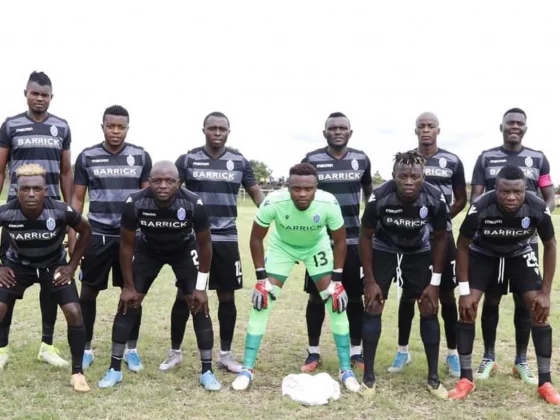A summit between US President Donald Trump and the North Korean leader Kim Jong-un ended with no agreement after the US refused North Korean demands for sanctions relief, President Trump said.
“It was about the sanctions,” he said at a news conference. “They wanted the sanctions lifted in their entirety and we couldn’t do that.”
The pair had been expected to announce progress on denuclearisation.
“Sometimes you have to walk and this was one of those times,” Mr Trump said.
Speaking at the news conference in Hanoi, Mr Trump said no plans had been made for a third summit.ADVERTISEMENT
The original White House programme for the day had planned for a “Joint Agreement Signing Ceremony” as well as a working lunch for the two leaders, but expectations were abruptly dashed with the cancellation of both.
According to Mr Trump, Mr Kim said he was willing to dismantle the Yongbyon complex – the development and testing facility at the heart of North Korea’s nuclear programme – but wanted all sanctions on North Korea lifted in exchange, something the US was not prepared to do.
The pair had appeared to get along, as they did at a previous summit in Singapore. That summit was criticised for having produced little in terms of substance, leading to anticipation that Mr Trump would push at the summit in Hanoi to produce an agreement on denuclearisation.
There is uncertainty around what exactly both sides mean by denuclearisation. Washington has previously said North Korea must unilaterally give up its all of its nuclear weapons before there could be any sanctions relief, but that condition is known to be a sticking point for the North Koreans.
Asked at the news conference on Thursday what he meant by denuclearisation, Mr Trump said: “To me it’s pretty obvious, we have to get rid of the nukes.”
Mr Trump said the US delegation “had some options and this time we decided not to do any of the options”. He added that he was “optimistic” and said the talks had left the two nations “in position to have a really good outcome” in the future.
The failure will be viewed as a setback for self-styled dealmaker Mr Trump, who is also facing increased scrutiny at home in the US over his business dealings after his former laywer and fixer Michael Cohen testified before Congress on Wednesday.
Despite the lack of an agreement in Hanoi, the second Trump-Kim summit represented a significant and continued shift in the tenor of the relationship between the two nations. In late 2017, both were exchanging threats, with Mr Trump calling Mr Kim “little rocket man” and Mr Kim calling Mr Trump a “mentally deranged dotard”.
Speaking after the talks in Hanoi, Mr Trump said Mr Kim was “quite a guy and quite a character” and described their relationship as “very strong”.
Before the summit, there was talk of a possible political declaration to end the 1950-53 Korean War, which finished with an armistice rather than a full peace treaty.
There had also been hopes that Mr Kim might pledge to destroy North Korea’s controversial Yongbyon nuclear complex, which is at the heart of the nation’s nuclear programme.





